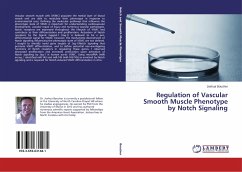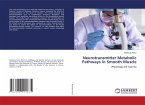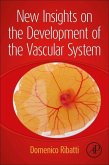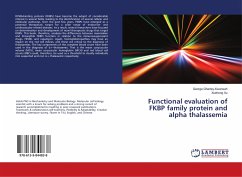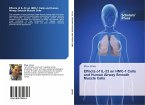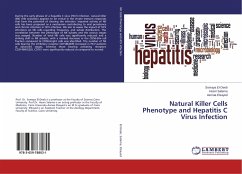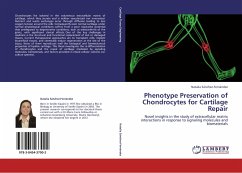Vascular smooth muscle cells (VSMC) populate the medial layer of blood vessels and are able to modulate their phenotype in response to environmental cues. Defining the molecular pathways that influence the phenotypic state of VSMC is important for understanding cardiovascular development, vascular repair of injury and numerous vascular pathologies. Notch receptors are expressed throughout the lifecycle of VSMC and contribute to their differentiation and proliferation. Activation of Notch receptors by the ligand Jagged-1 (Jag-1) is believed to be a pro-differentiation signal for VSMC; however, the mechanisms downstream of Notch signaling influencing the phenotypic state of VSMC are not defined. I sought to identify novel gene targets of Jag-1/Notch signaling that promote VSMC differentiation, and to define potential non-overlapping functions of Notch receptors in regulating these genes. I observed decreased proliferation and increased contraction upon activation of Notch signalingby Jag-1 in human aortic VSMC. Using microRNA (miR) arrays, I identified miR-143 and miR-145 (miR-143/145) as enriched by Notch signaling and is required for Notch-induced VSMC differentiation in vitro.
Bitte wählen Sie Ihr Anliegen aus.
Rechnungen
Retourenschein anfordern
Bestellstatus
Storno

